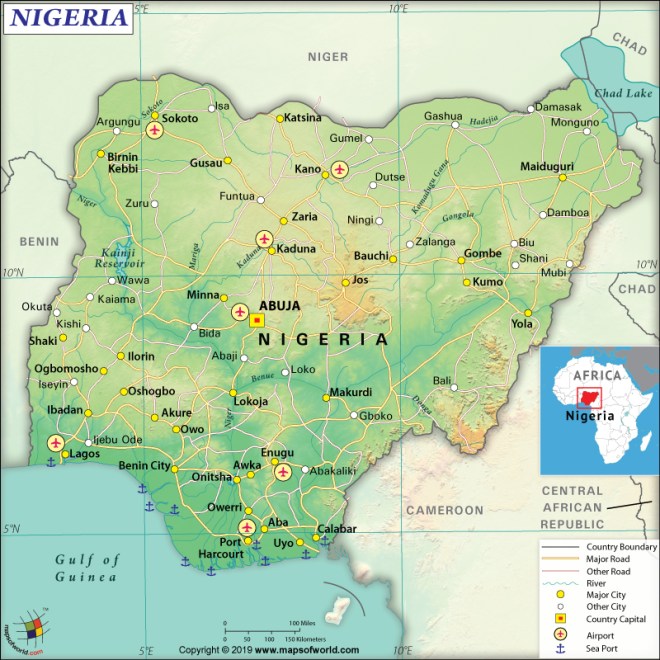Posted to Politics January 22, 2020 by Stephen Enada
Thomas Jefferson wrote what he considered to be the greatest accomplishments of his life, the Virginia Statute of Religious Freedom in 1777, where he said people have a “natural right” to worship God according to the dictates of their consciences. James Madison would use this statute as a model while drafting the First Amendment to the U.S. Constitution.
The sentiment carried forward nearly two centuries later, when Religious Freedom Day was first proclaimed in January 1993. Past presidents have used this occasion to ask Americans to take time to reflect and to remember the rights they enjoy by living in a country where they can worship freely.
Last year, President Trump broadened the discussion, using the occasion to call attention to all those suffering at the hand of religious persecution around the globe. He was right to do so. The harsh truth is that mass violence and religious conflict continue at an alarming rate. As Religious Freedom Day 2020 passes, we are reminded that countries like Nigeria, Iran and Afghanistan need strong action taken against the terrorist groups committing this violence if the persecution is to stop.

I have spent more than two decades working on projects to address these issues in Nigeria, specifically. While the country rarely makes international headlines, Nigeria ranks highest in religion-related social hostilities among the 25 most populous countries in the world. The unfortunate truth is that for far too long, too little has been done to address the escalating violence, which is playing out along in ethnic and religious fault lines. The result has been a state lacking a swift and consistent response on Boko Haram. The same can be said for policies around violence in the Middle Belt from Fulani extremists.
As a result, since 2015, the Humanitarian Aid Relief Trust estimates that more than 6,000 Christians have been killed in Nigeria (1,000 in 2019 alone) and as many as 12,000 more have been displaced from their homes. In July of last year, the Jubilee Campaign, an international human rights nongovernmental organization, wrote a report to the International Criminal Court stating that “the standard of genocide has now been reached” in Nigeria.
Douglas Burton, a former State Department official who publishes news investigations of terrorism in Nigeria recently described the slaughter of Christians in Nigeria as the former Congressman Frank Wolf has described it: “a genocidal crisis of our age.”
The true extent of the ripple effect of the mass killings taking place at the hands of the terrorist organizations responsible, including humanitarian issues, human trafficking and economic strife in the region, among others, may never be captured in simple statistics. There too much, it goes too far and too deep to capture everything. That’s why action is so critical. That, and inaction against these terrorist groups only embolden them to take more extreme actions.
Religion is central to how Nigerians understand themselves. As such, the meaningful protection of religious rights — through the rule of law and inclusive governance — will be critical for long-term stability in Nigeria.
We can certainly understand that.
As a nation founded by those fleeing persecution, religious freedom is not just an essential government decree we enjoy. It’s woven into our very nature that was passed down to us by our colonial ancestors. It’s an idea Americans have fought fervently for at home and abroad for centuries.
As Americans we know religious freedom is an inalienable right given to every man no matter nationality. It’s time that we as a country take a stand and hold these radical groups accountable for their crimes against mankind and end the violence happening in countries like Nigeria.
Source: https://www.insidesources.com/stop-religious-persecution-in-nigeria/